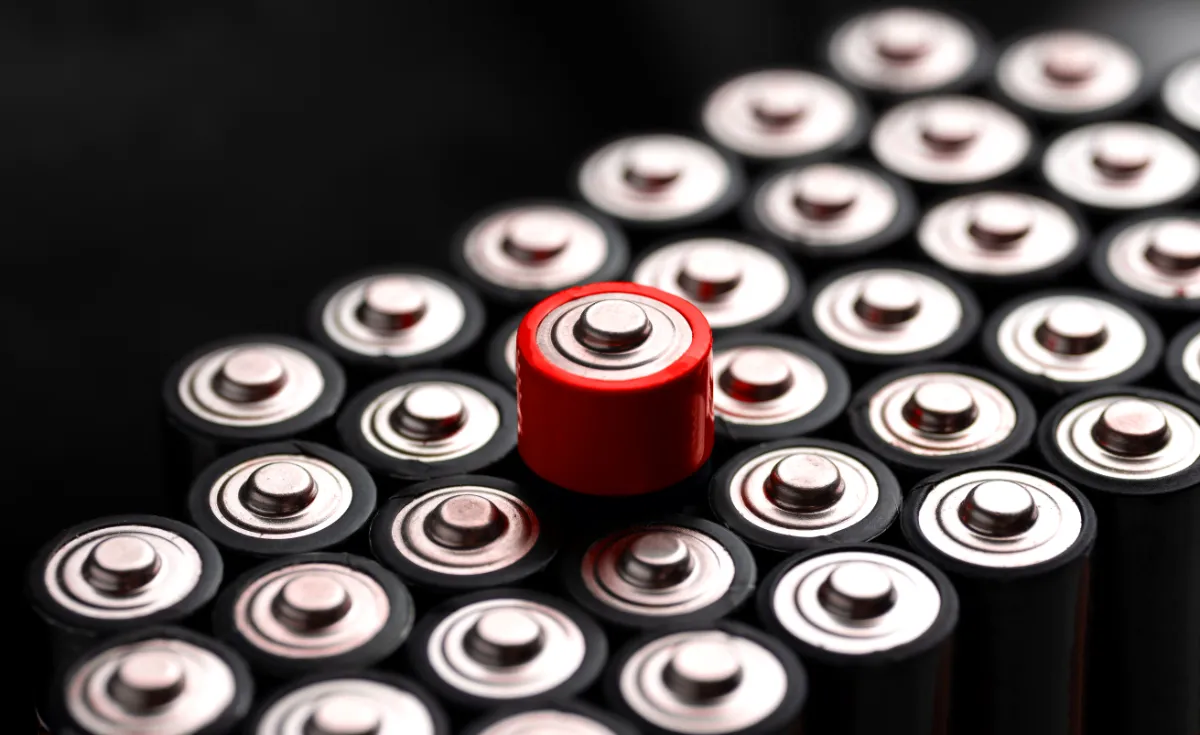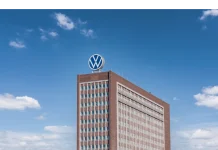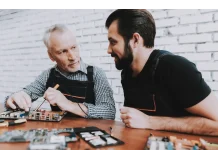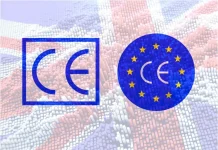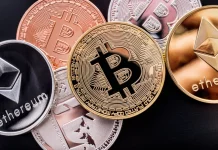As with memory modules, the supply chain for lithium primary cells and batteries is currently easing somewhat. Manufacturers had ramped up their capacities to the maximum in the last 12 months, and the extreme demand from customers, particularly in consumer electronics, is currently easing somewhat. Industrial manufacturers also scaled back their offtakes because other components needed to complete their products were not available. As a result, delivery times for the entire supply chain are currently around 6-8 months for call-offs from framework agreements. Until recently, 12 months and above was the norm.
Common 18650 cells, which are then used to make customized battery packs, still have delivery times of 6 to 12 months from manufacturer markets in Japan and Korea. China can currently supply such cells again in the range of 12 weeks.
Prices, which have risen sharply due to shortages and inflation, may also have had an effect. The high prices “were accepted by customers for quite a while to keep their lines running, but gradually it’s getting into areas that customers can’t sustainably afford,” said Marc Eichhorn, PM Batteries at distributor Avnet Abacus. During the Markt&Technik Battery Forum, Dr. Jürgen Heydecke, Technical Director at Jauch Quartz, added that “the peak in the price development in the cell sector has been reached”.
Bottlenecks currently still exist in electronic components for battery management in battery packs and chargers, and in low-tech components such as connectors, plug connectors and plastic injection-molded sockets.


